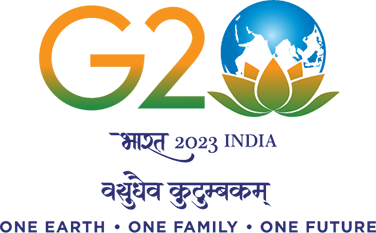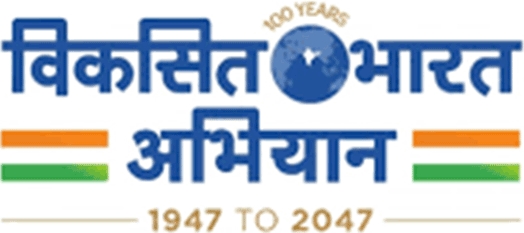- Home
- About Us
- Admission 2024-25
- Academics
- Journal
- Students Zone
- IQAC
- Facilities
- RTI
- Collaborations & MOUs
- Careers
- राजभाषा अनुभाग
- Admission 2024-25

- Vacancies
- Discipline
- Payment Link
- Useful Links
- Alumni Registration Form
- Library
- Login
- ERP Login
- Contact
- Social
- Accessibility Tools



